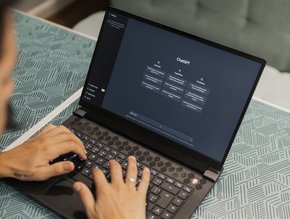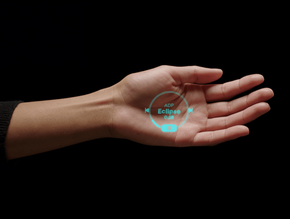Real-world tasks automated by AI give humans free time bonus

AI experts from the UK and Japan have published a new study that suggests that nearly 40% of the time spent on unpaid domestic work could be automated within the next decade. The findings were published yesterday in the open-access journal PLOS ONE.
The study, led by Ekaterina Hertog at the University of Oxford in the UK, and colleagues in Japan, surveyed 29 male and female AI experts from the UK and 36 from Japan to estimate how automatable 17 housework and care work tasks might be over the next ten years.
According to previous studies, people in the UK aged 15 to 64 spend approximately 43% of their time on unpaid domestic work, which includes tasks like cooking, cleaning, and childcare. The study found that, on average, 39% of the time spent on any given domestic work task could be automated within the next decade. The most automatable task predicted was grocery shopping at 59%, while the least automatable was physical childcare at 21%.
The authors of the study suggest that UK-based experts believed automation might replace domestic labour than Japanese experts, which could be due to technology being associated more with labour replacement in the UK compared to Japan. Additionally, the study found that UK male experts were more optimistic about domestic automation than UK female experts, whereas the trend was reversed for Japanese experts, with female experts slightly more optimistic.
Diversity essential to future research
The study's authors emphasise that examining experts' backgrounds may contextualise their forecasting predictions and how these predictions don't just anticipate the future of work but also shape it. Bringing greater cultural and gender diversity to future research is, therefore, essential. The study's sample is not statistically representative of the field and is too small to generalise the findings to all AI experts.
“Considering that people currently spend almost similar amounts of time on unpaid work as they do on paid work, the social and economic implications of this future of unpaid work could be significant,” write the authors. “It could free up additional hours from people's lives for paid work and leisure, especially for women.
“It could, in principle, reduce the demand for domestic and care workers in ageing societies like the UK, and especially Japan, and conversely diminish opportunities for migrant workers from other lower-income countries. However, policymakers should be mindful of the fact that the potentials appear significantly stronger in housework than in care work, especially adult care.”






